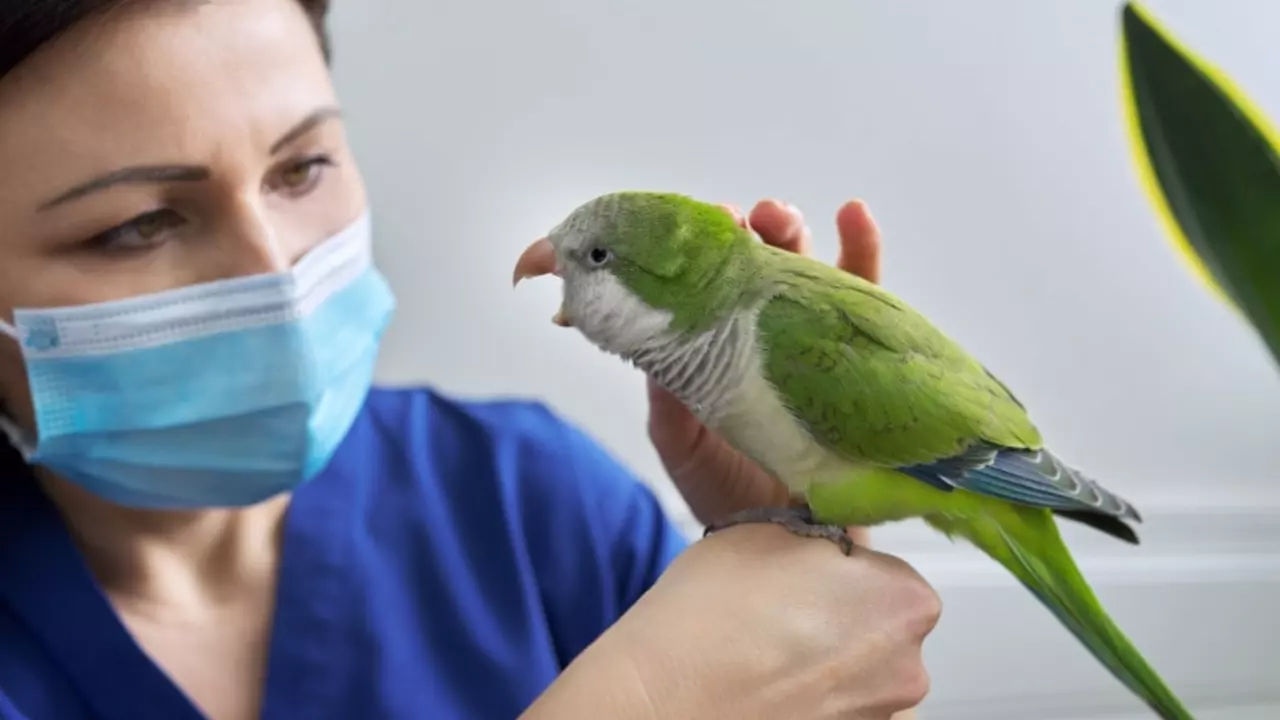Prevention Tips for Better Fertility and Overall Health
If you’re thinking about IVF or just want a healthier future, preventing problems before they start saves time, money, and stress. Below are everyday actions you can take right now to protect your reproductive health and keep the rest of your body in good shape.
Prevent Common Fertility Risks
First off, stop smoking. Even a few cigarettes a week can lower sperm count for men and disrupt ovulation cycles for women. If you need help quitting, try nicotine patches or talk to a pharmacist – they know what works best.
Next, watch your weight. Being too heavy or too thin throws hormone levels off balance, making it harder to get pregnant. Aim for a BMI between 18.5 and 24.9; regular walks, home‑cooked meals, and portion control are easy ways to stay in that sweet spot.
Stress isn’t just mental – chronic cortisol spikes can mess with your menstrual cycle and sperm quality. Try short breathing exercises, a quick yoga video, or even a five‑minute walk when you feel overwhelmed. Consistency beats intensity; a little every day goes far.
Limit exposure to harmful chemicals. Pesticides, heavy metals, and some plastics mimic estrogen in the body. Choose organic produce when possible, avoid heating food in plastic containers, and use natural cleaning products.
Smart Ways to Stay Safe with Medications
Many people assume any prescription is safe for fertility, but that’s not always true. Before you start a new drug, ask your doctor or pharmacist how it could affect ovulation, sperm production, or pregnancy outcomes. A quick chat can prevent months of wasted cycles.
If you buy medication online, stick to verified pharmacies. Look for sites that require a prescription, have a physical address, and display clear contact info. Scams often sell counterfeit pills that contain the wrong dose or harmful fillers.
Keep a medication list in your phone or on paper. Write down each drug, dosage, and why you take it. When you see a new symptom – like unusual bleeding or mood swings – you’ll have an easy reference for your doctor.
Don’t mix over‑the‑counter supplements without checking first. Some vitamins (like high‑dose vitamin A) can be toxic in pregnancy, while others (like co‑enzyme Q10) might actually boost egg quality when used correctly.
Finally, schedule regular health checks. Blood work every six months catches hormone imbalances early, and a simple pelvic ultrasound can spot ovarian cysts before they become an issue.
Prevention isn’t about drastic changes; it’s about small, consistent habits that add up. By quitting smoking, staying at a healthy weight, managing stress, choosing safe meds, and keeping up with check‑ups, you give your body the best chance to succeed when IVF time comes.
Ready to put these tips into action? Start with one habit today – maybe swap a sugary drink for water or set a reminder to call your pharmacist. Small steps now mean smoother journeys later, and FastIVF is here to help you every step of the way.

Top 10 Causes of Deplumation in Pet Birds and How to Prevent Them
In today's post, we explored the top 10 causes for feather loss, or deplumation, in pet birds and how to prevent it. We learned that improper diet, parasites, stress, hormonal imbalances, and inadequate grooming can all contribute to this issue. We also discussed how important it is to provide our feathered friends with a balanced diet, regular vet check-ups, and a stress-free environment to help keep their plumage in prime condition. Additionally, we highlighted the importance of recognizing early signs of deplumation to promptly address any potential problems. Remember, prevention is always better than cure, especially when it comes to our beloved pets.